My Favorite Tips & Resources for More Sustainable Living
There's an abundance of small changes we can make in our personal lives that work to conserve our earth and that support local brands on a mission to confront the climate crisis.
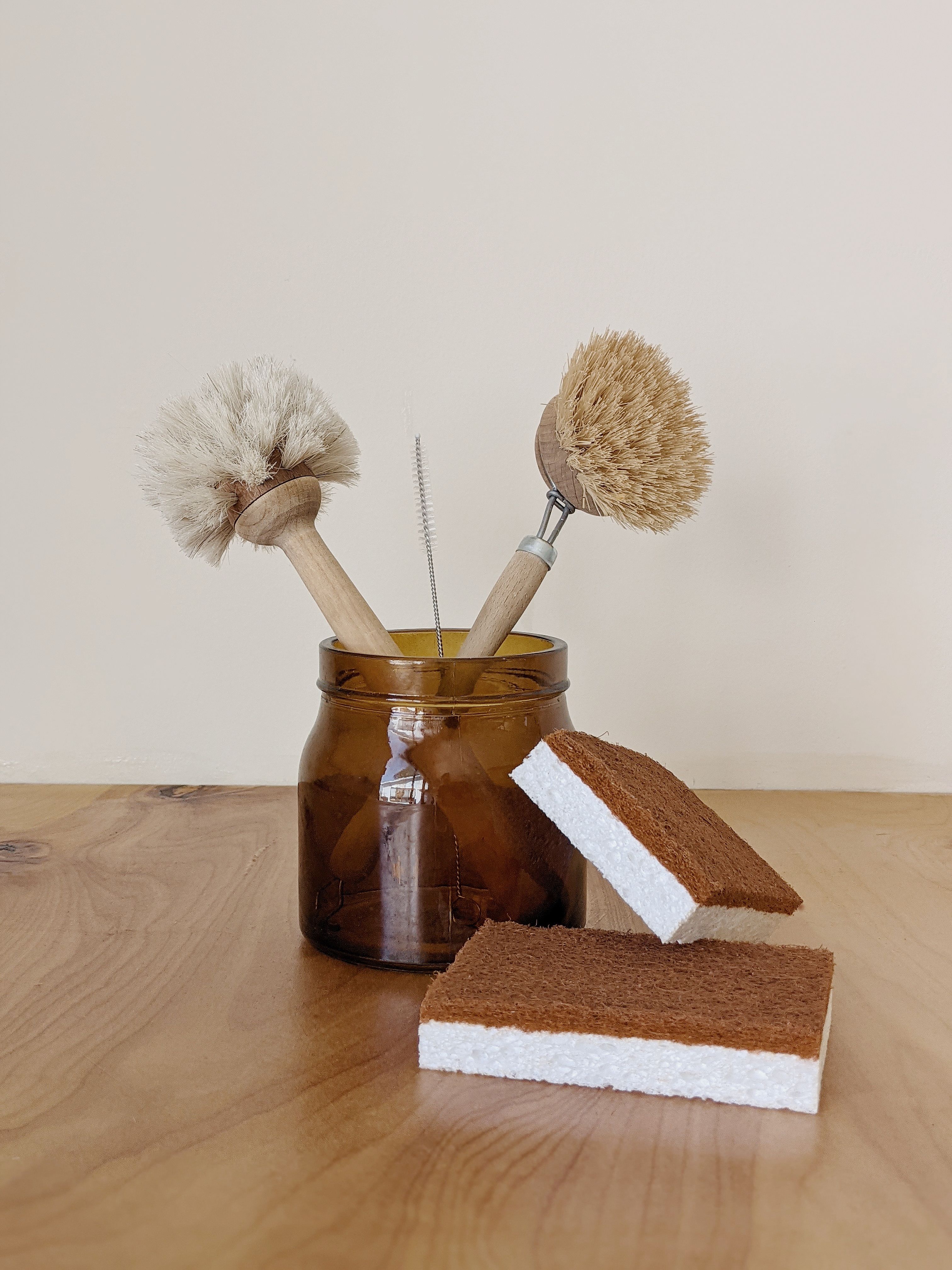

When I founded Schulz, I knew that I wanted to build a company with sustainability at the forefront of our mission. From our minimal waste practices to a more environmentally responsible vision for our products and materials, I'm constantly learning and iterating on my knowledge of sustainability initiatives—both at work and at home.
Today, I am sharing a few products and habits that have made a difference in my life. From reusable coffee filters to plant-based eating, there's an abundance of small changes we can make in our personal lives to conserve our earth and that support local brands on a mission to confront the climate crisis. And I can attest to the fact that these solutions work just as well—if not better!—than many conventional products you'll find at your grocery store.
One note before we dive into recommendations—while I link out to a few select products and brands below, I encourage sourcing these items locally as much as possible. Buying local is one of the best ways to combat the invisible environmental costs of commerce, like "food miles" and greenhouse gas emissions.
I hope this list proves helpful and inspiring. Visit us on Instagram today to learn more and share your own favorite local, sustainable products.
Sustainable Recommendations for Your Home
Glass containers: Instead of plastic containers which can seep (and harm the environment when you toss them out), opt for long-lasting glass containers like Pyrex.
Beeswax wrap: A fantastic alternative to plastic wrap, beeswax wraps are made with organic cotton, beeswax, organic jojoba oil, and tree resin—making them washable, reusable, and compostable when they've run their lifecycle. I've tried many brands, and I've found Bee's Wrap the best.
Washable napkins: Dish towels and reusable napkins can make a huge dent in limiting use of the paper options. Look for ones made from upcycled cotton and linens, like these from Wild Minimalist.
Reusable coffee filters & tea infusers: Try opting for reusable coffee filters or tea infusers to keep your daily grind as healthy for the earth as it is for you.
Compostable trash bags: My favorite brand is If You Care and they come in a variety of sizes, free of plasticizers and polyethylene.
Compostable dog waste bags: Compostable dog waste bags leave behind no microplastics and can be safely placed in a compost or organic recycling bin. Remember to look for ones that are compostable, not biodegradable.
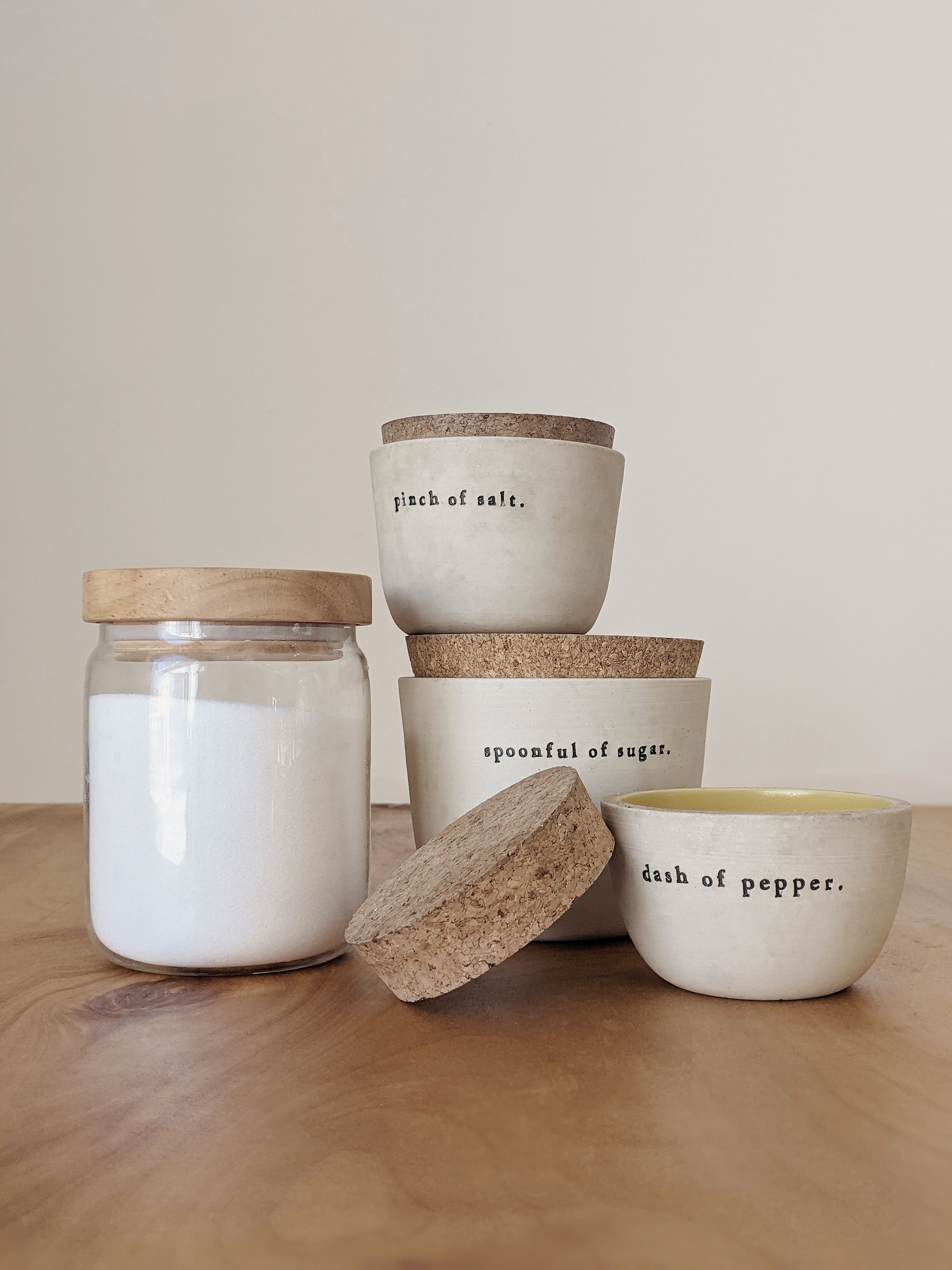
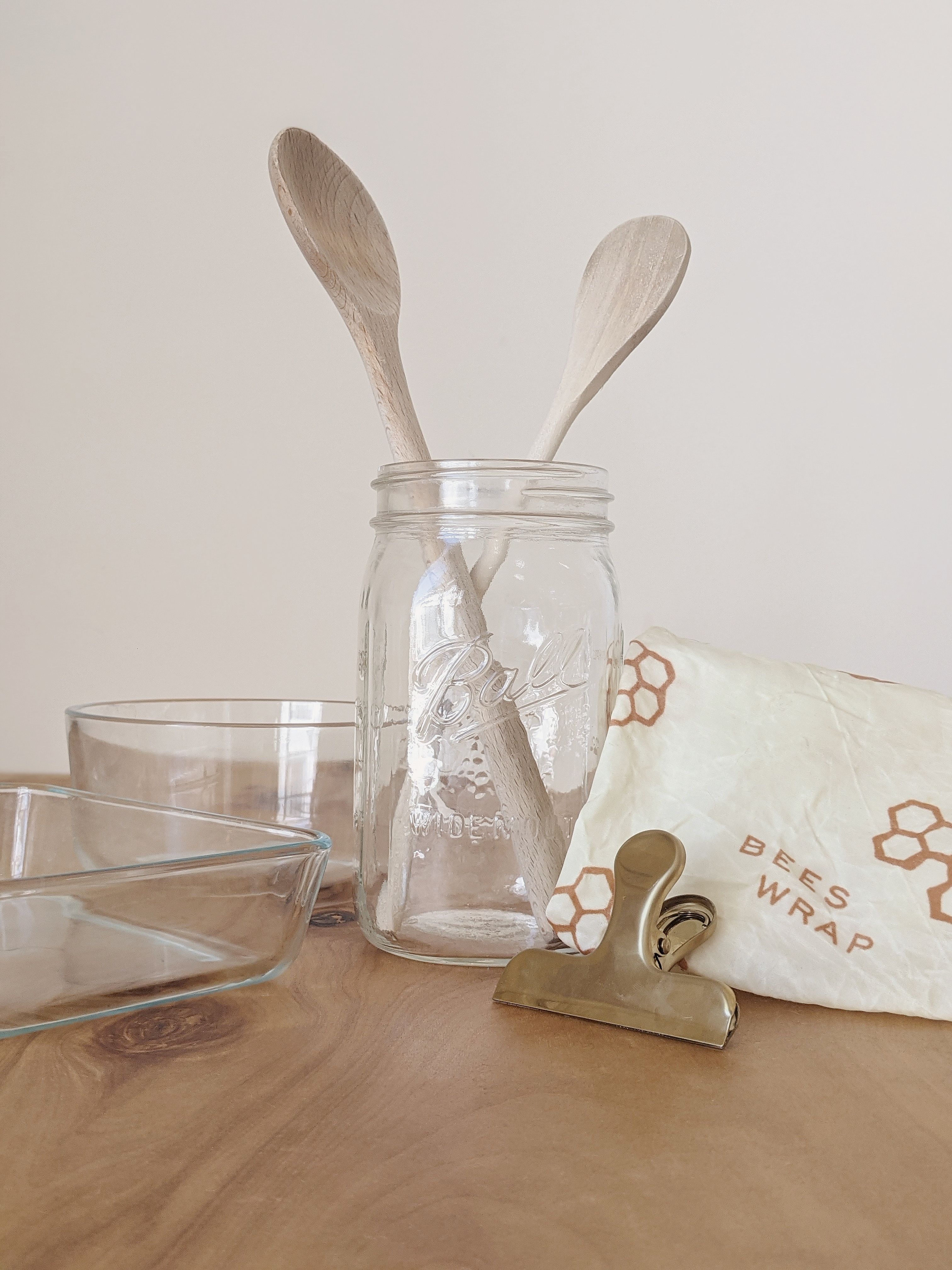
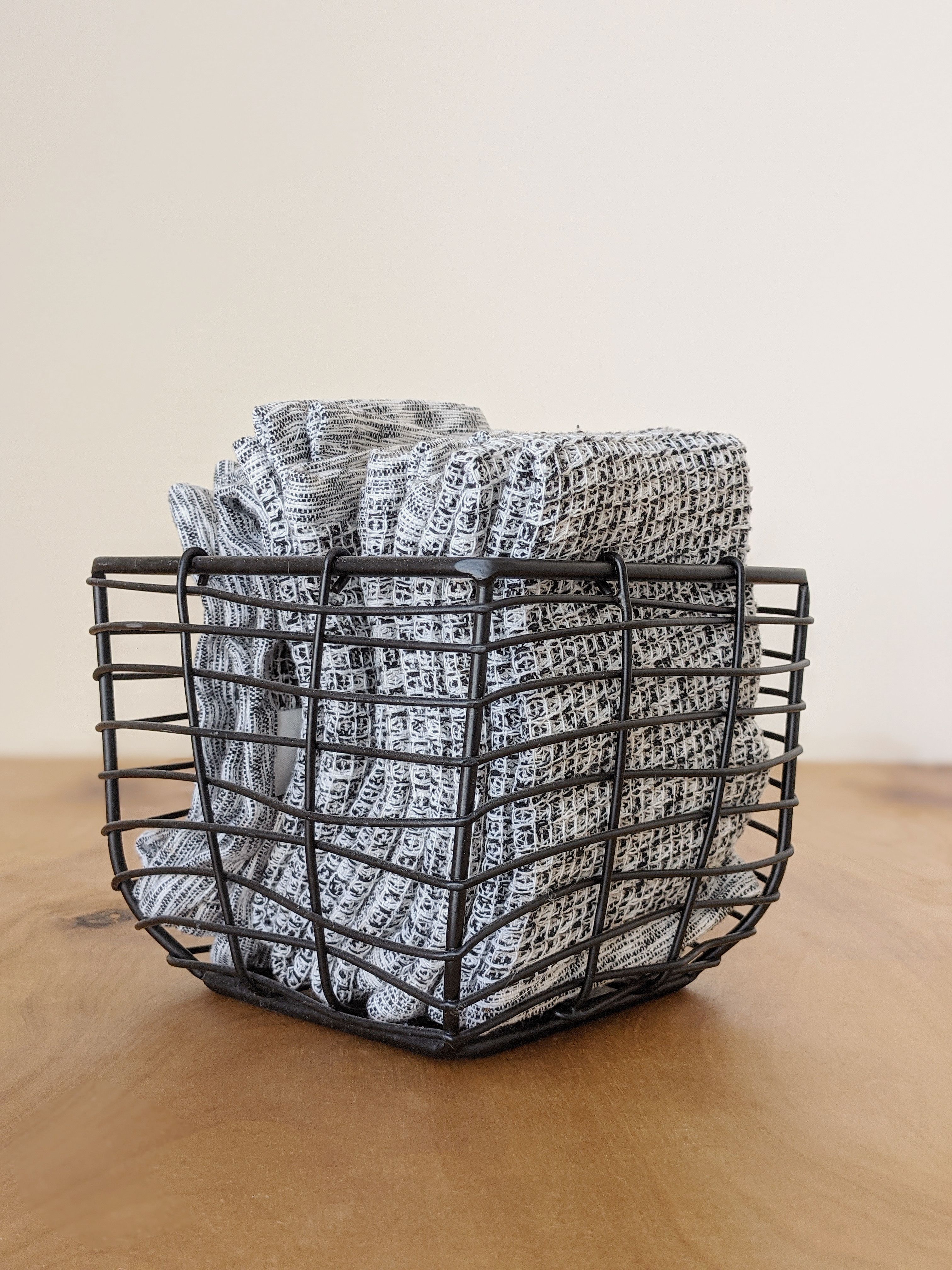
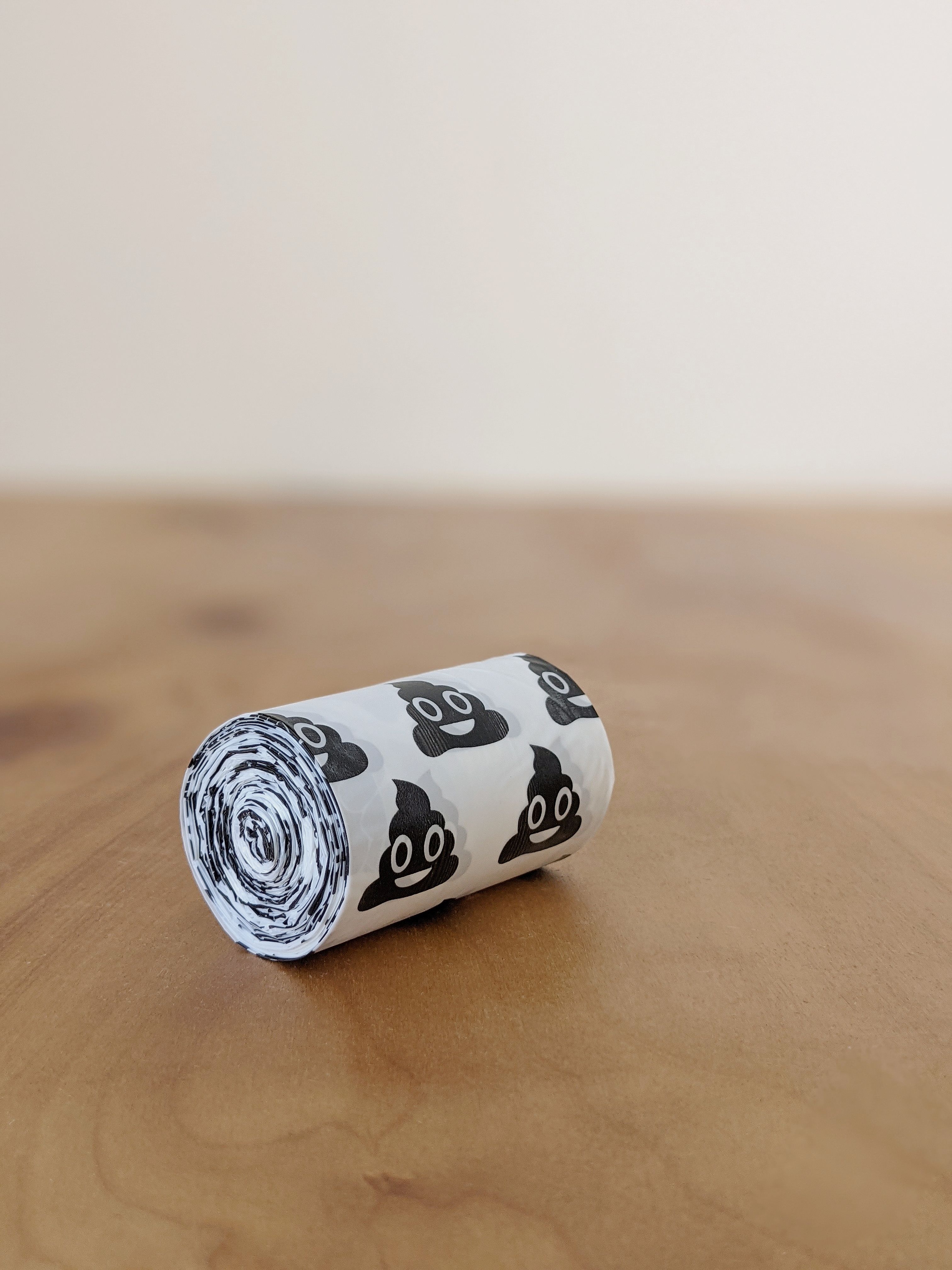
Laundry detergent sheets: These zero-waste, eco-friendly, and biodegradable laundry sheets have a much cleaner environmental footprint than leading liquid detergent brands.
Wool dryer balls: Instead of dryer sheets, try out wool balls to get rid of static, prevent laundry from clumping, and even reduce drying time. I get mine from June Home Supply and laundry fragrance from Murchison-Hume.
Natural cleaners: Just like your foods, check the ingredients of your cleaners, and look for options that meet EPA standards and have the EcoLogo or Green Seal logo.
Natural cleaning brushes & sponges: A kit of wood cleaning brushes will last you forever, and they make for a more elegant and enjoyable alternative to plastic sponges. I also love using a wood broom, wood toilet brush, and walnut shell and cellulose sponges as a longer-lasting alternative to a Swiffer and other disposable cleaning products.
Refillable pens: Choosing a refillable option helps cut down on waste, and the upfront investment will make you less likely to misplace them around the house and on the go. I love the ones from Muji.
Notebooks & paper envelopes: Always a fan of the written word, I've enjoyed sourcing notebooks and other paper goods made of recycled paper and materials, as well as tree-free fibers. My latest favorite is Karst recycled stone notebooks.
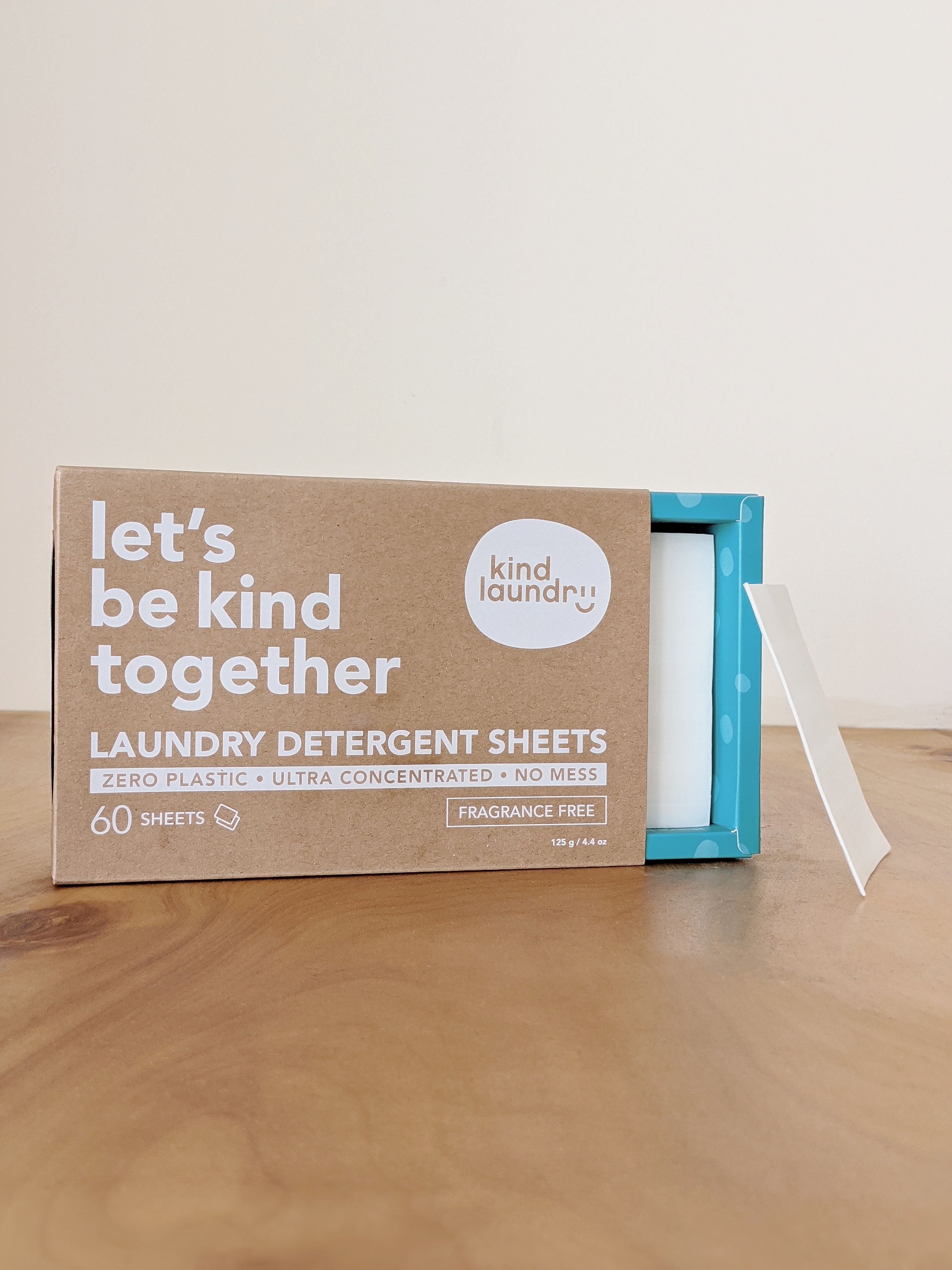
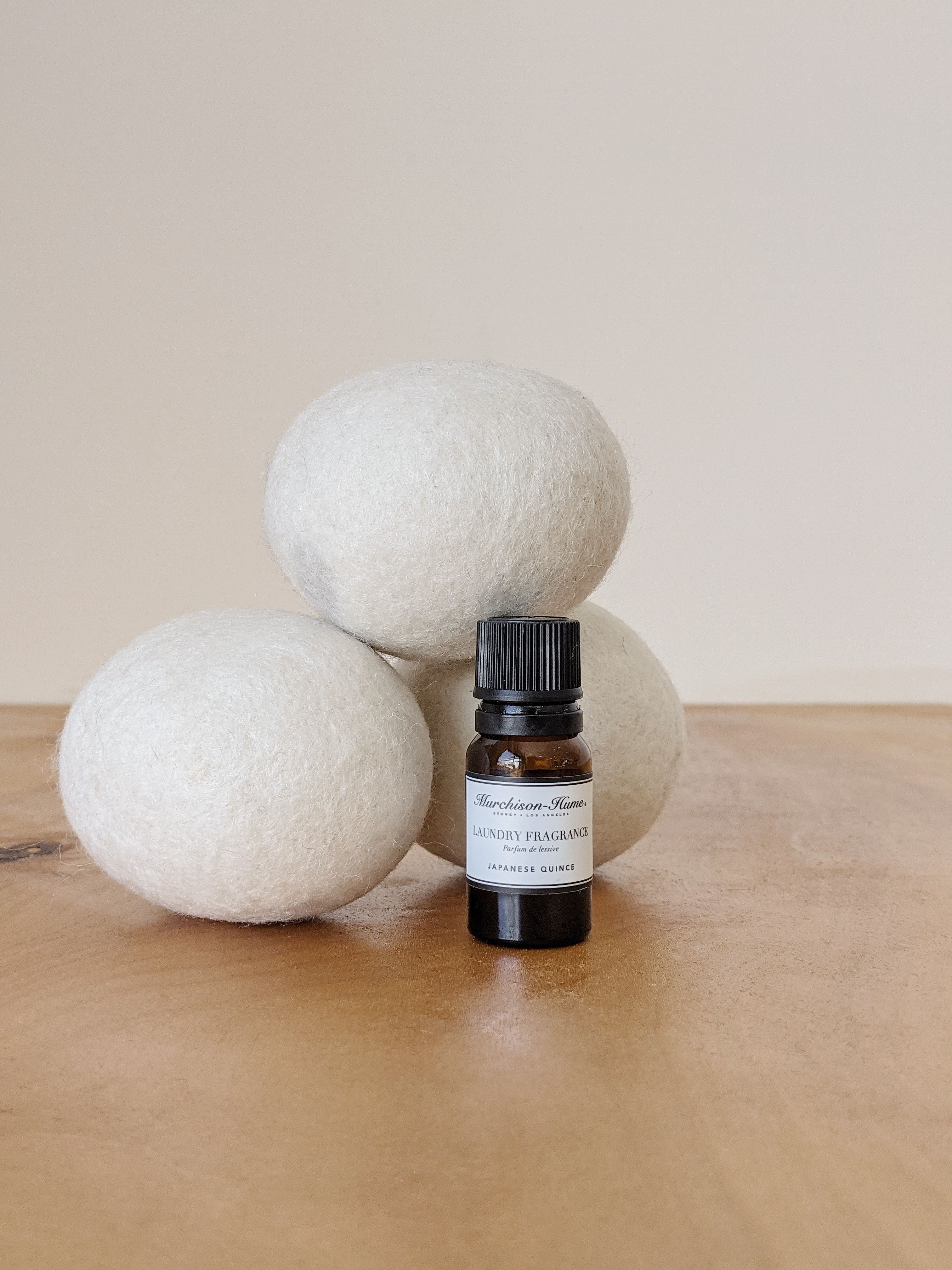
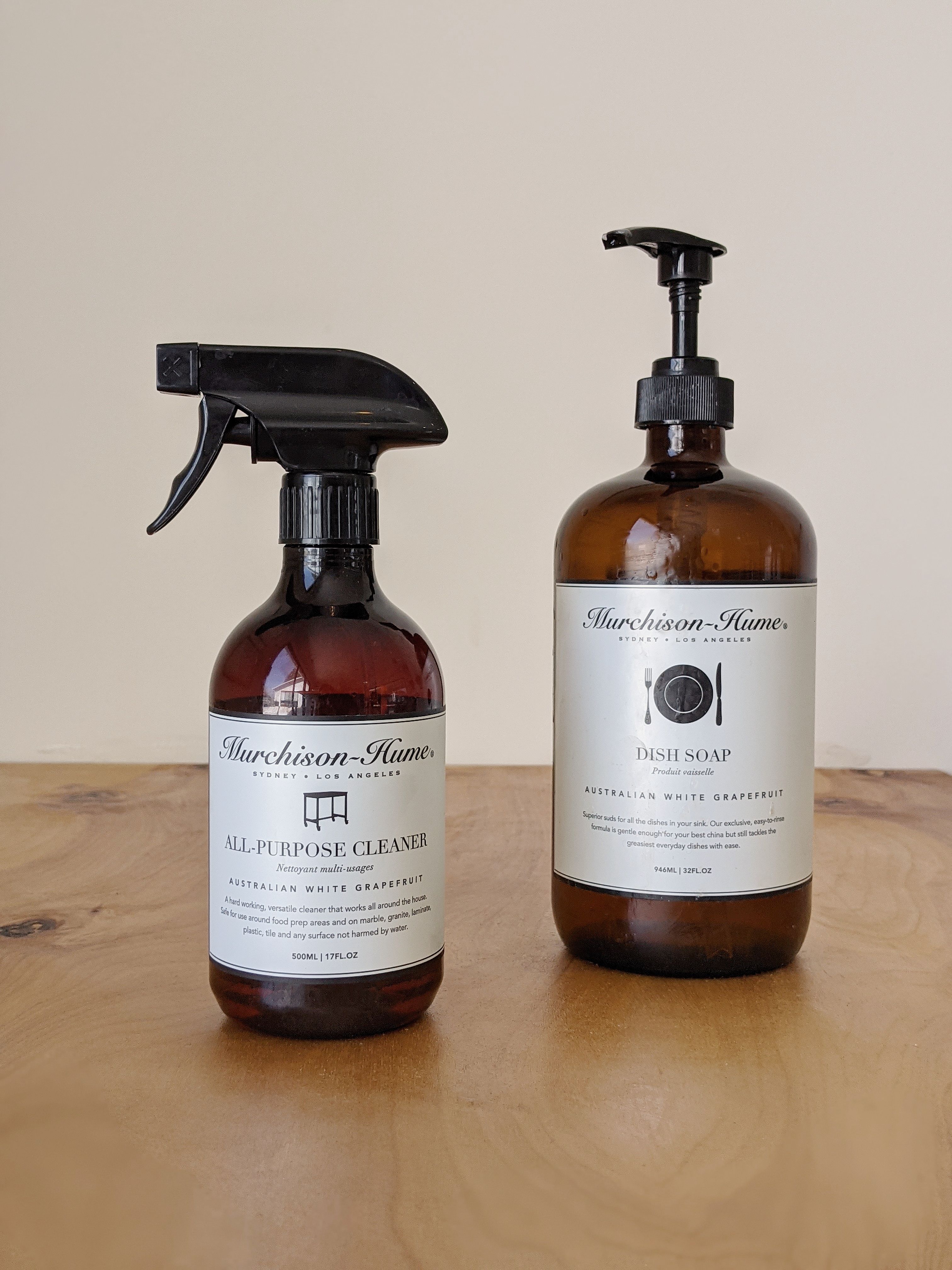


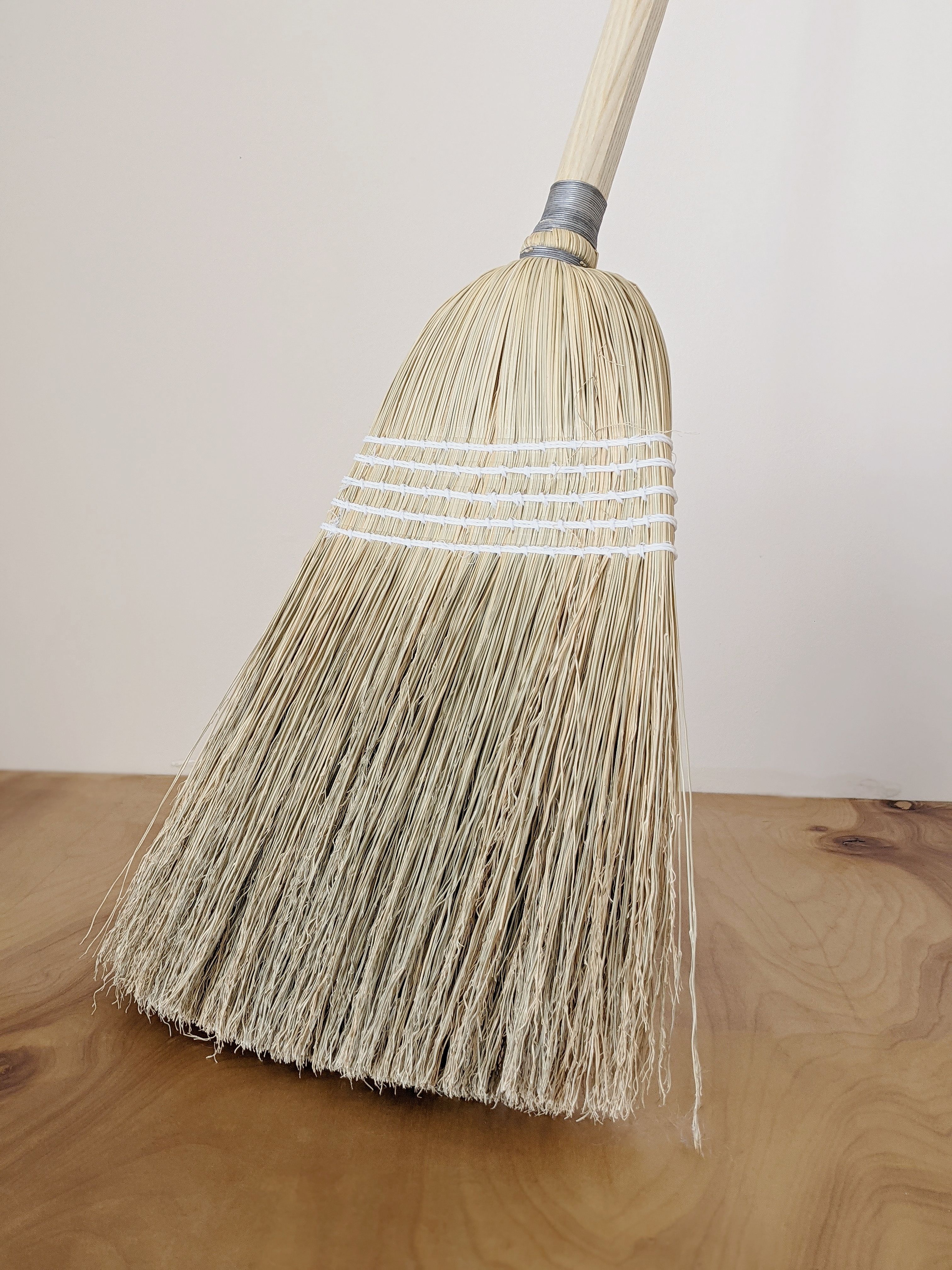
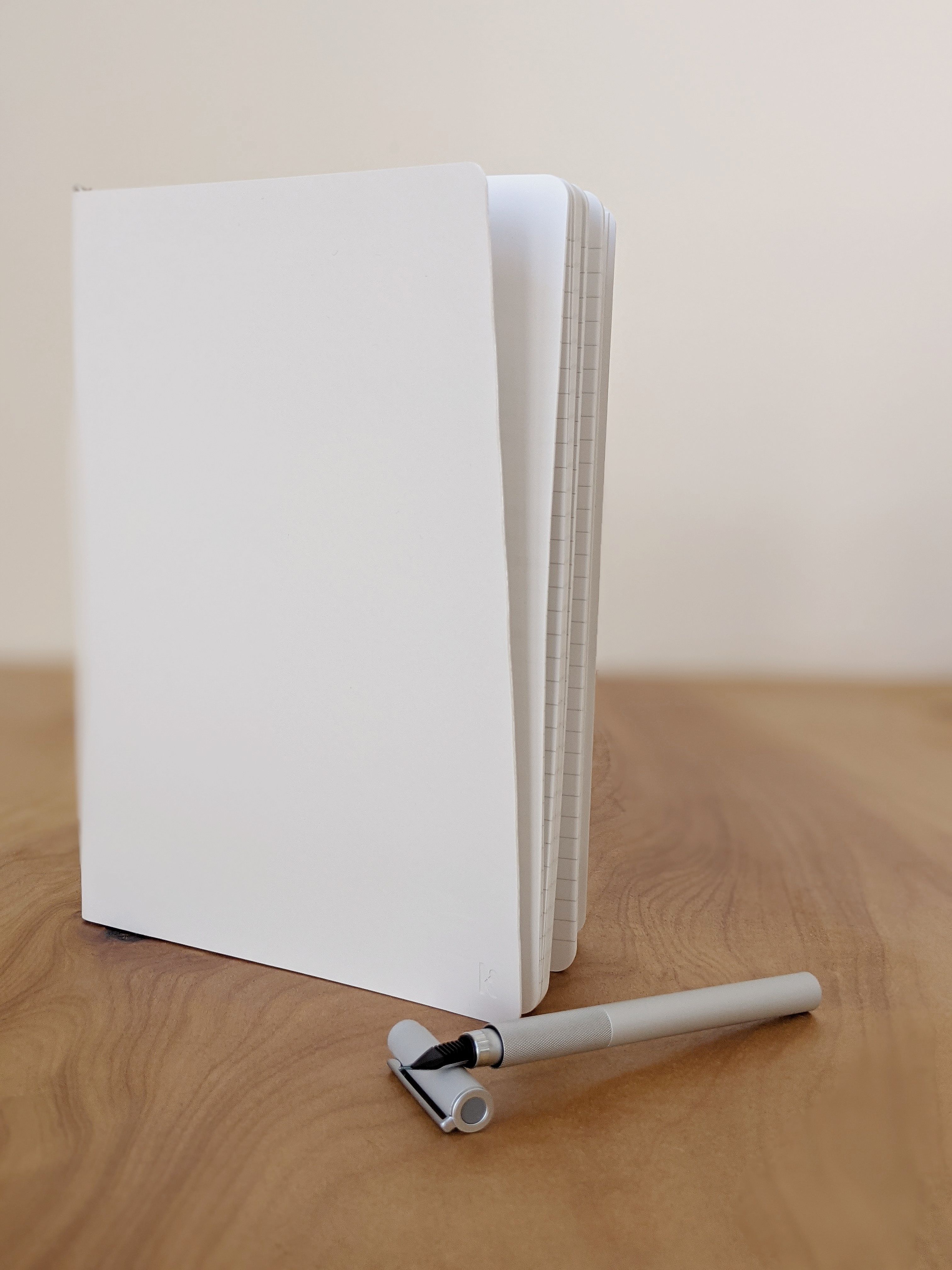
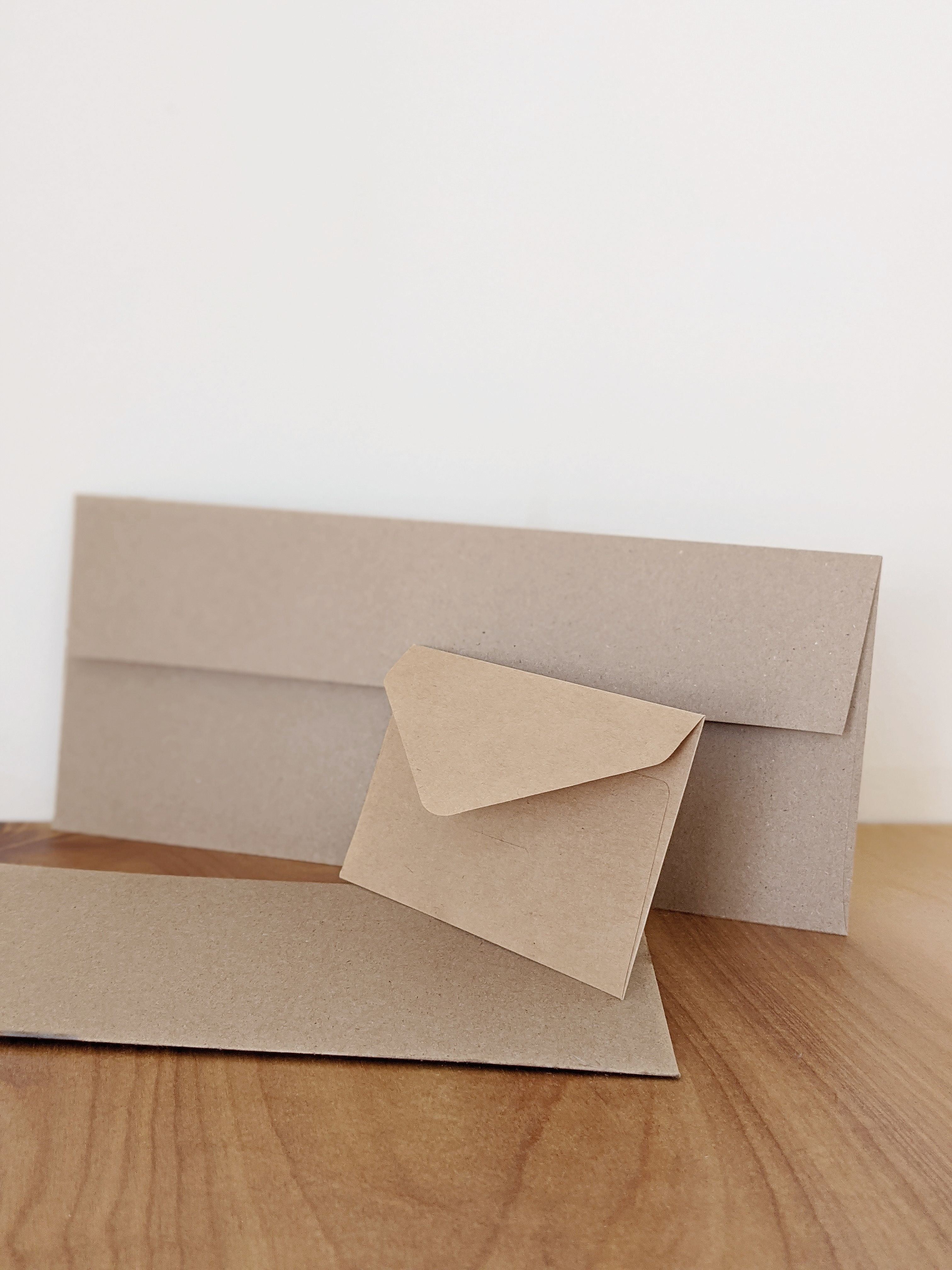
Sustainable Beauty & Personal Care
Shampoo, deodorant, and skincare: Check for options that are not only zero waste (eliminating plastic bottles), but also free of unsustainable ingredients like palm oil and sulfates. My favorite shampoo and skincare is from True Botanicals (with metal recyclable and glass packaging) and Laurel Skin. Native has a great deodorant with paper packaging.
Toothpaste and plastic-free floss: Excited to see more natural and sustainably made options hit the market, including Bite toothpaste bits and plant-based floss, Davids natural toothpaste, and Wild Minimalist silk dental floss.
Metal-based razors: Safety razors are made from high quality materials and their removable blades can be easily recycled, making for a much friendlier alternative to plastic razors.
Fragrances: As perfume becomes an everyday essential for many, the demand can be taxing on the environment, even as far as diverting land for food to make way for perfume crops. I personally use Le Labo and Rosie Jane, and I know Carta has a beautiful selection, too. Ecocult has a great recommendations list for more sustainable options.
Menstrual cups: Switch to a menstrual cup, and finally do away with all the packaging, plastic, and paper involved in period care.
Reusable water bottle: Of the over 50 billion disposable plastic water bottles produced every year, only 1 in 5 are properly recycled, with the rest filling landfills and endangering ocean life. A reusable option will help combat this waste, and encourage other ways to go plastic-free. It's best to use a reusable glass or metal bottle over plastic, and check that whatever bottle you opt for isn’t lined with plastic, epoxy, or resin.
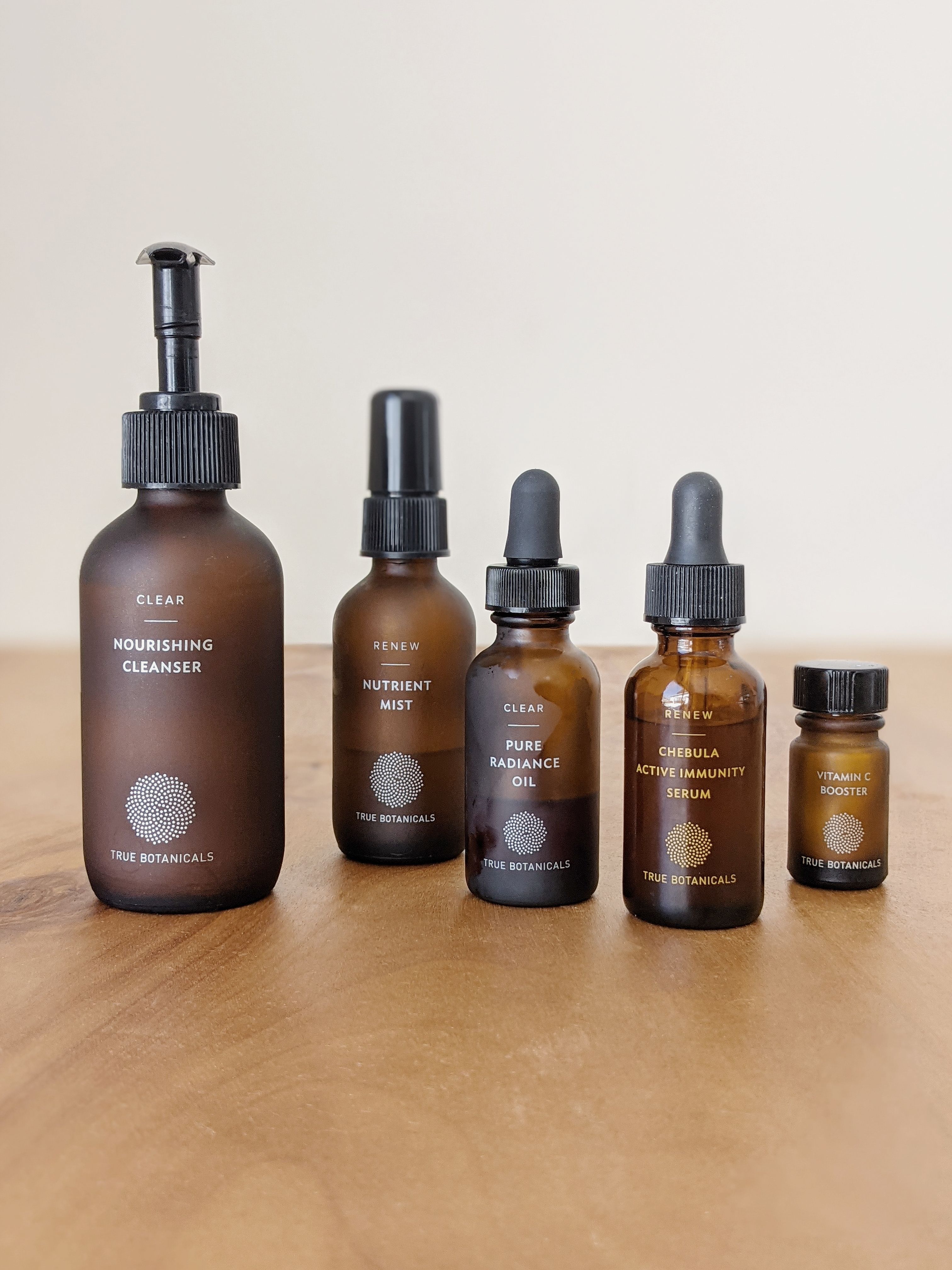
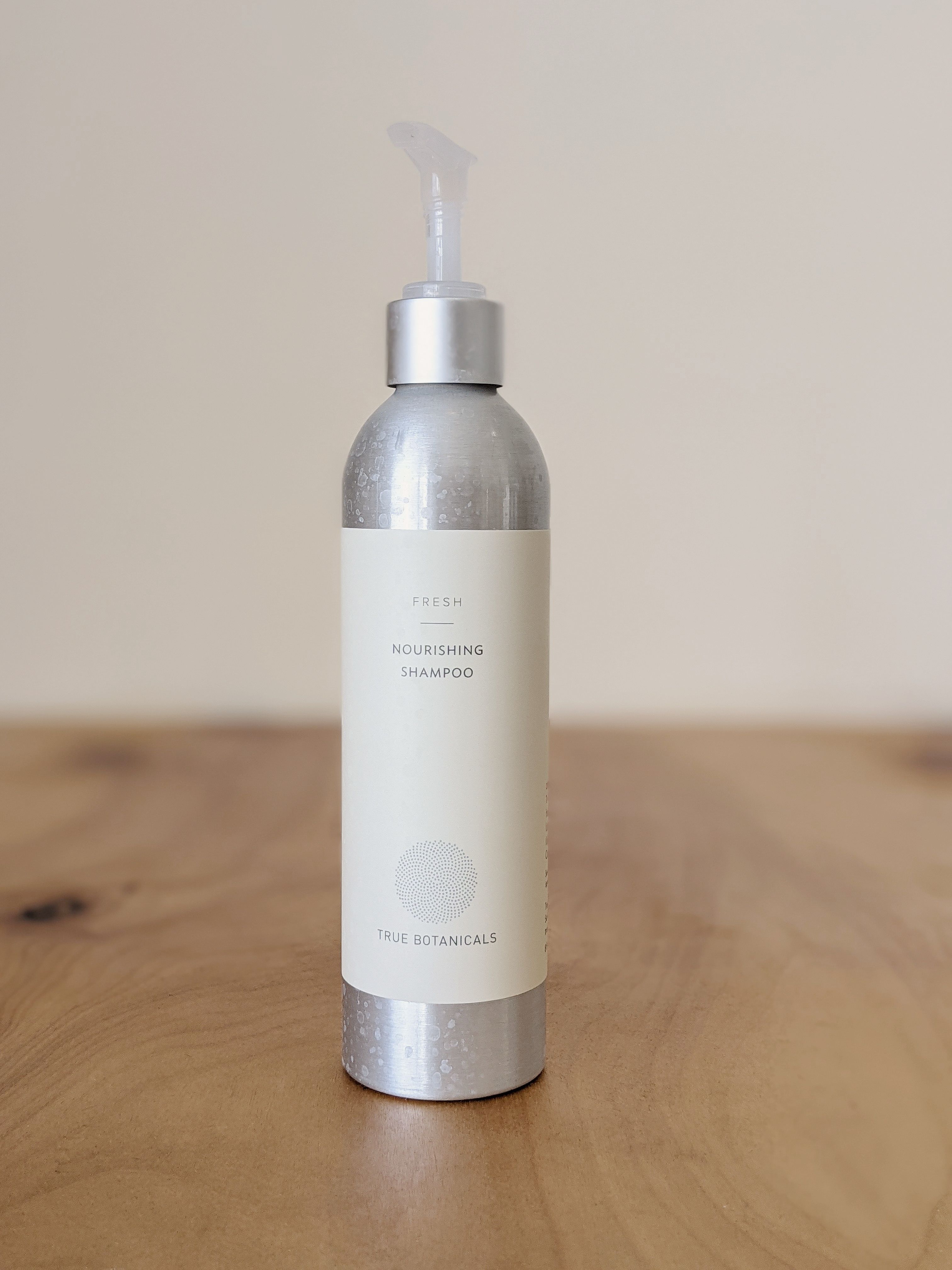
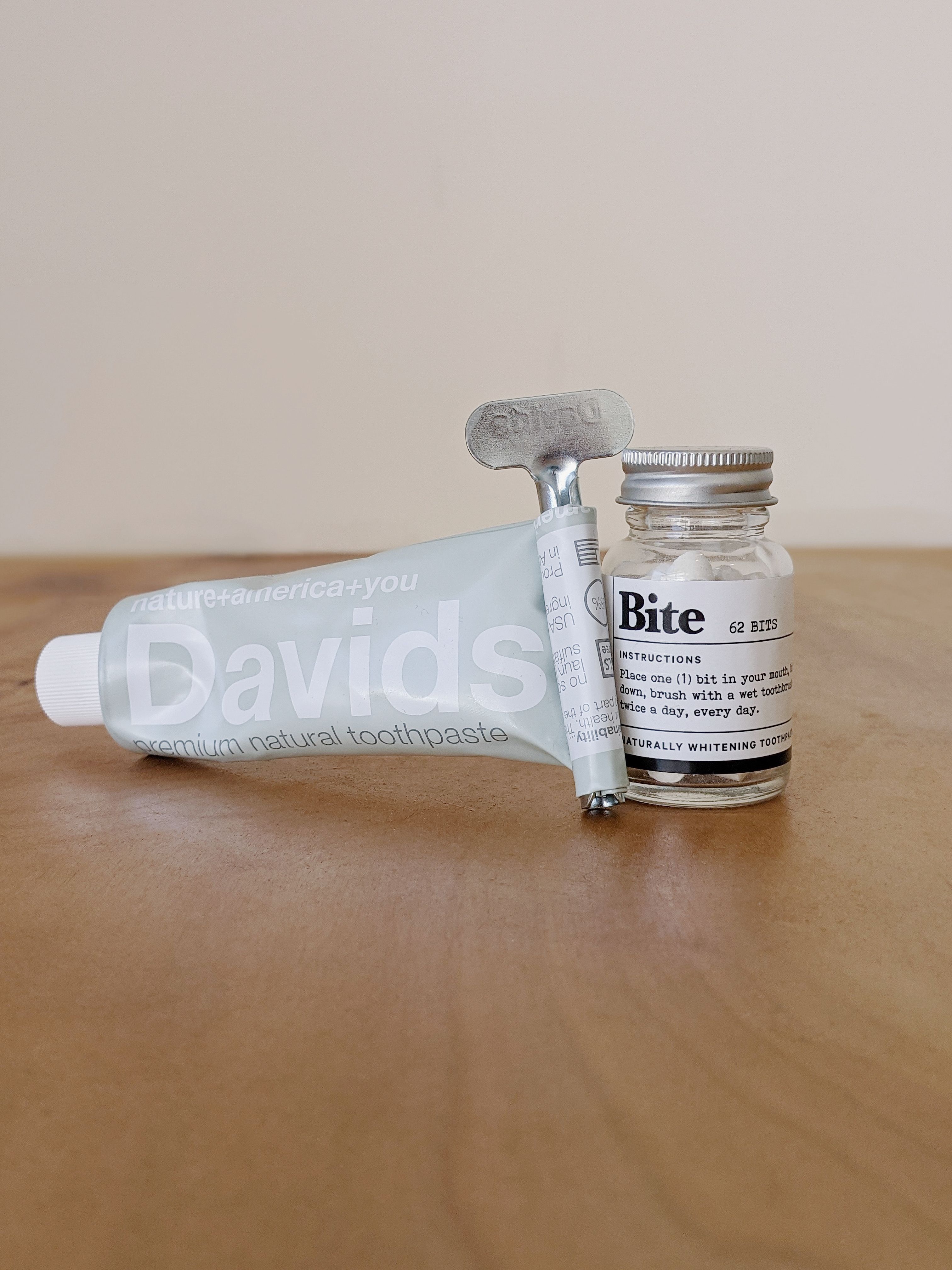
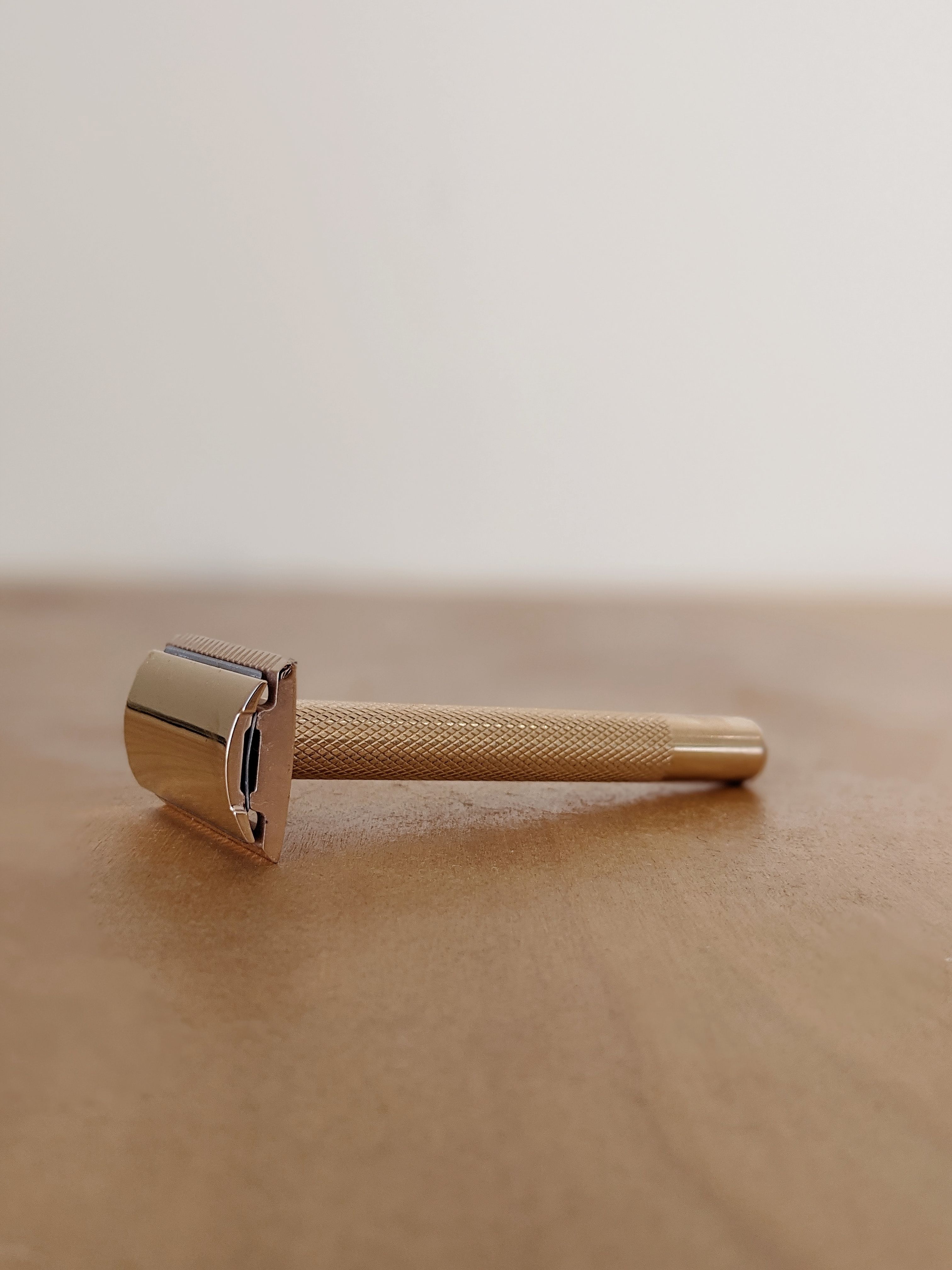
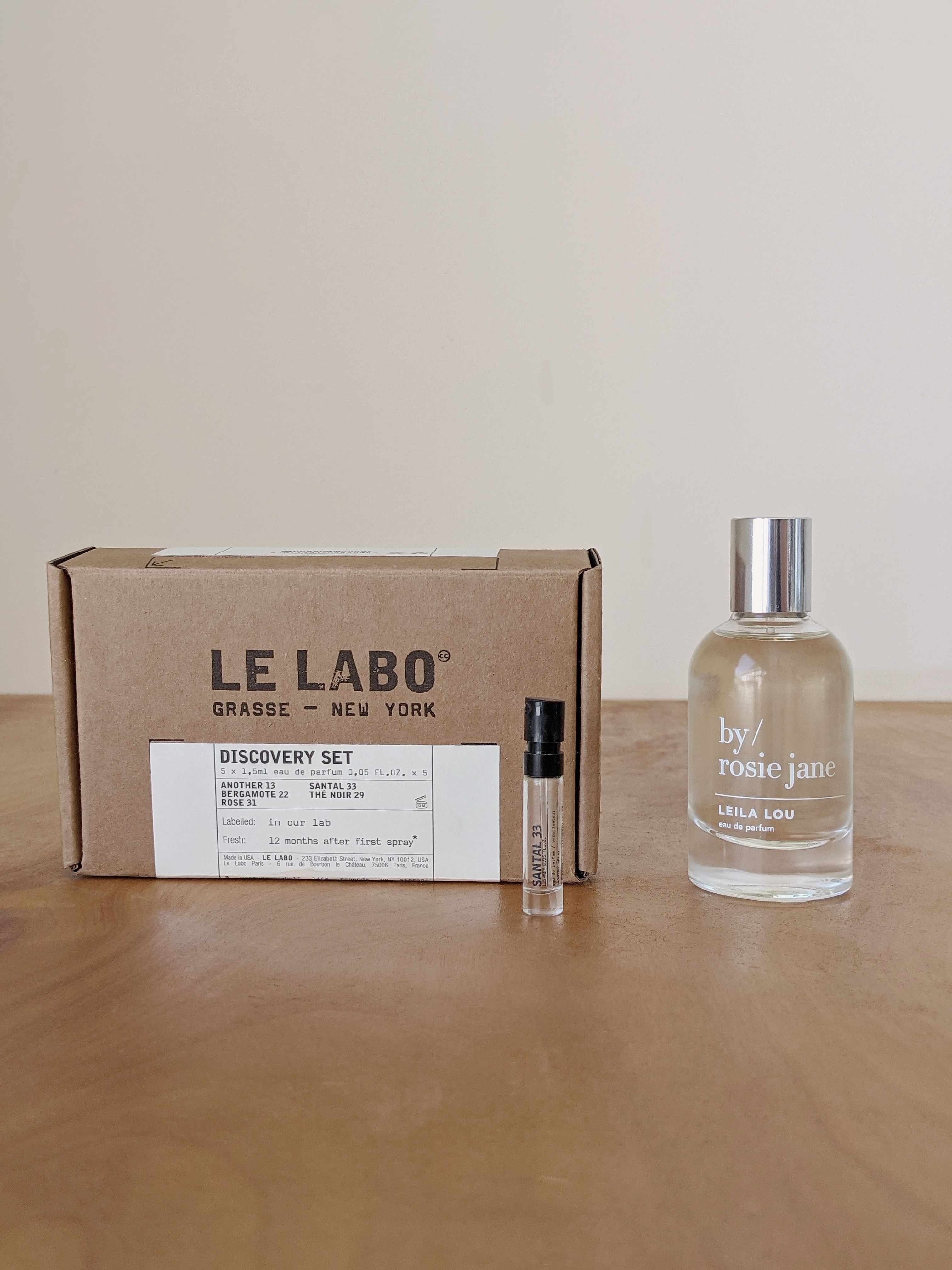
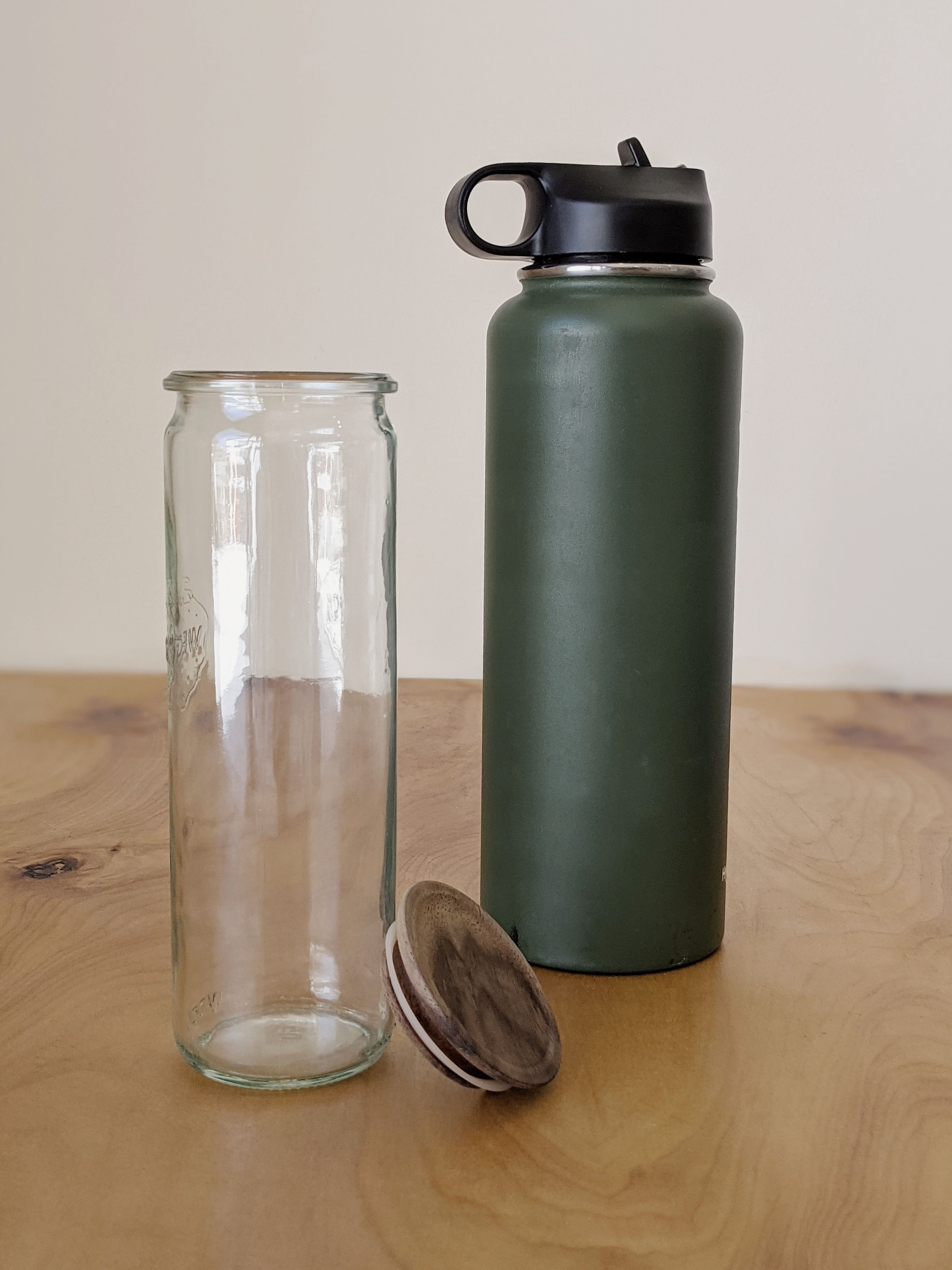
Sustainable Lifestyle Habits & Tips
Shop from local makers, farmers, and butchers: Support small businesses! Locally sourced products have a smaller environmental footprint, since they aren't traveling hundreds (even thousands) of miles overseas and on the road. By supporting local farmers and food providers, you're helping them stay in business which also protects the land (and its wildlife) from being sold off for other development purposes.
Consider borrowing and purchasing second-hand: From lending your neighbor a cake pan, to frequenting your town's vintage and antiques shops, there are so many ways to nearly eliminate the carbon footprint of a new purchase.
Buy bulk: Purchase your favorite and most-used products in the largest size/quantity available—less packaging and trips to the store are helpful for the environment as well as your budget.
Boycott products that endanger wildlife or land: Unfortunately there are many products and ingredients, like palm oil, that are unsustainably produced and threaten wildlife and land. (Shoutout to my favorite palm-free peanut butter Wild Friends!)
Be mindful of packaging: I've been encouraged to see more and more brands offer package-free (or "naked") products, especially for soaps and body care.
Bring your own bags: These don't even need to be traditional-looking reusable shopping bags we see at check-outs—there are plenty of alternatives around the house too, like backpacks and large totes. Try also opting for compostable or reusable produce bags—I got my muslin and cotton mesh bags from Wild Minimalist.
Re-use and repurpose: Before you throw something out (or even put it in recycling) consider how it may be reused in other ways in your lifestyle and home. For example, I love P.F. Candle Co.'s guide to repurposing their packaging.
Learn how to recycle: This is an ongoing process, as more can be recycled than you may think! You might have to reach out to the brand or do a little bit of online digging, but it is super satisfying once you figure it out.
Buy organic, grass-fed foods when possible: Pasture-raised and grass-fed operations are overall less energy intensive and help to conserve soil, limit water pollution, reduce erosion, and preserve wildlife, among many other benefits.
Eat mostly a plant-based diet: Compared to animal-based food consumption, plant-based eating uses significantly less energy, helping to reduce carbon emissions, water pollution, and waste byproducts. Even committing to eating plant-based 2-3 days a week can make a huge difference over time. The Netflix documentary Seaspiracy also goes in-depth on the impact we have on marine life, making a strong case for reducing fish intake.
Buy carbon credits: There are parts of our lifestyles that are unavoidable, like driving in cars and flying on planes. Purchasing carbon offsets will help support programs that work to reduce greenhouse gas emissions. The New York Times has a great overview on how to get started.
Take action in your community: Start a compost pickup in your apartment or school, speak to your city council members about creating more bike lanes, and explore ways you might apply your personal and micro-level actions on a more macro scale within your community. The How to Save a Planet podcast recently published an insightful episode on the impact of individual vs. systemic change.
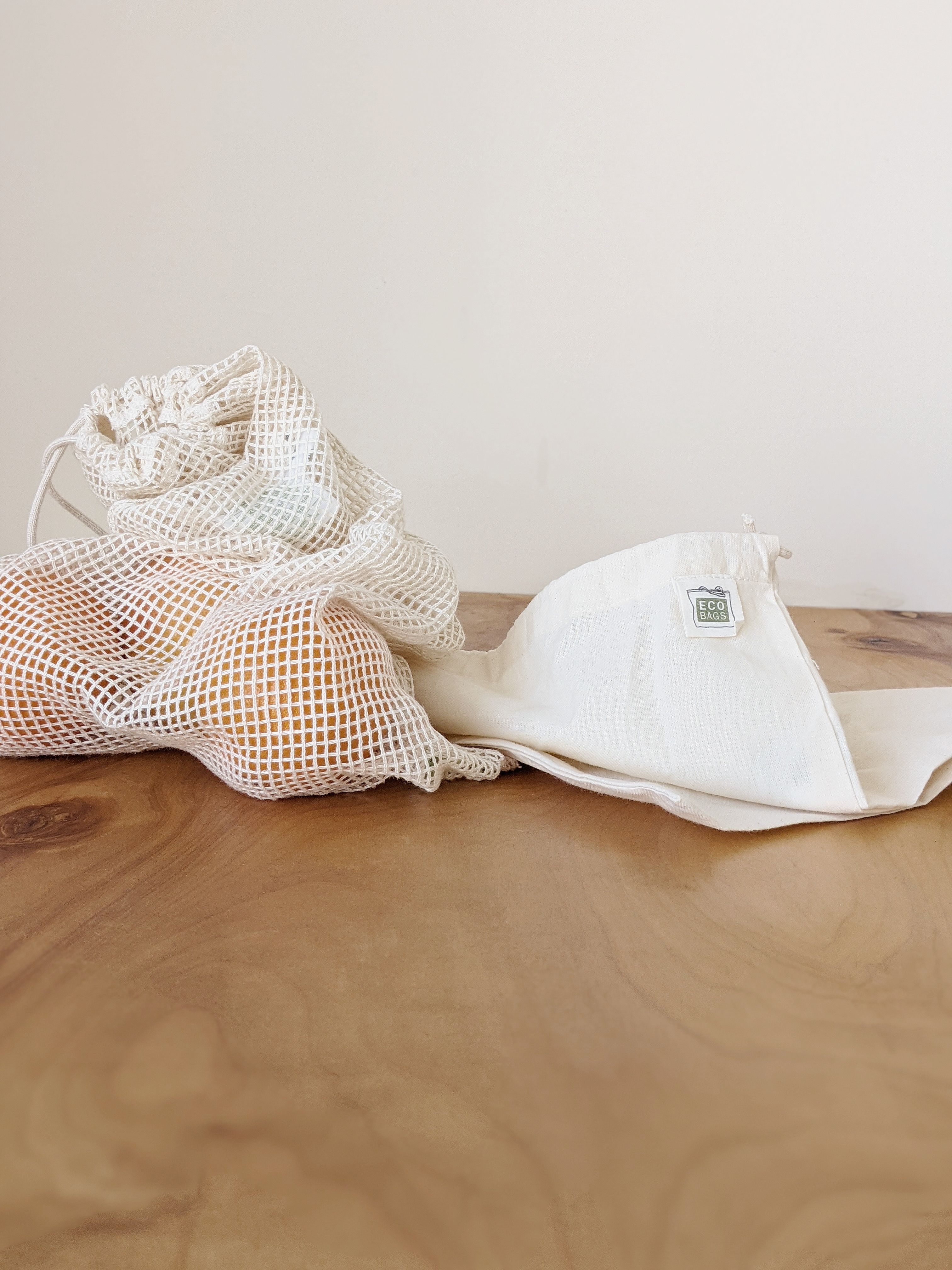
What are your favorite sustainability focused products, brands, and tips? Join the conversation on Instagram, and read on to learn more about our sustainability initiatives here at Schulz.
